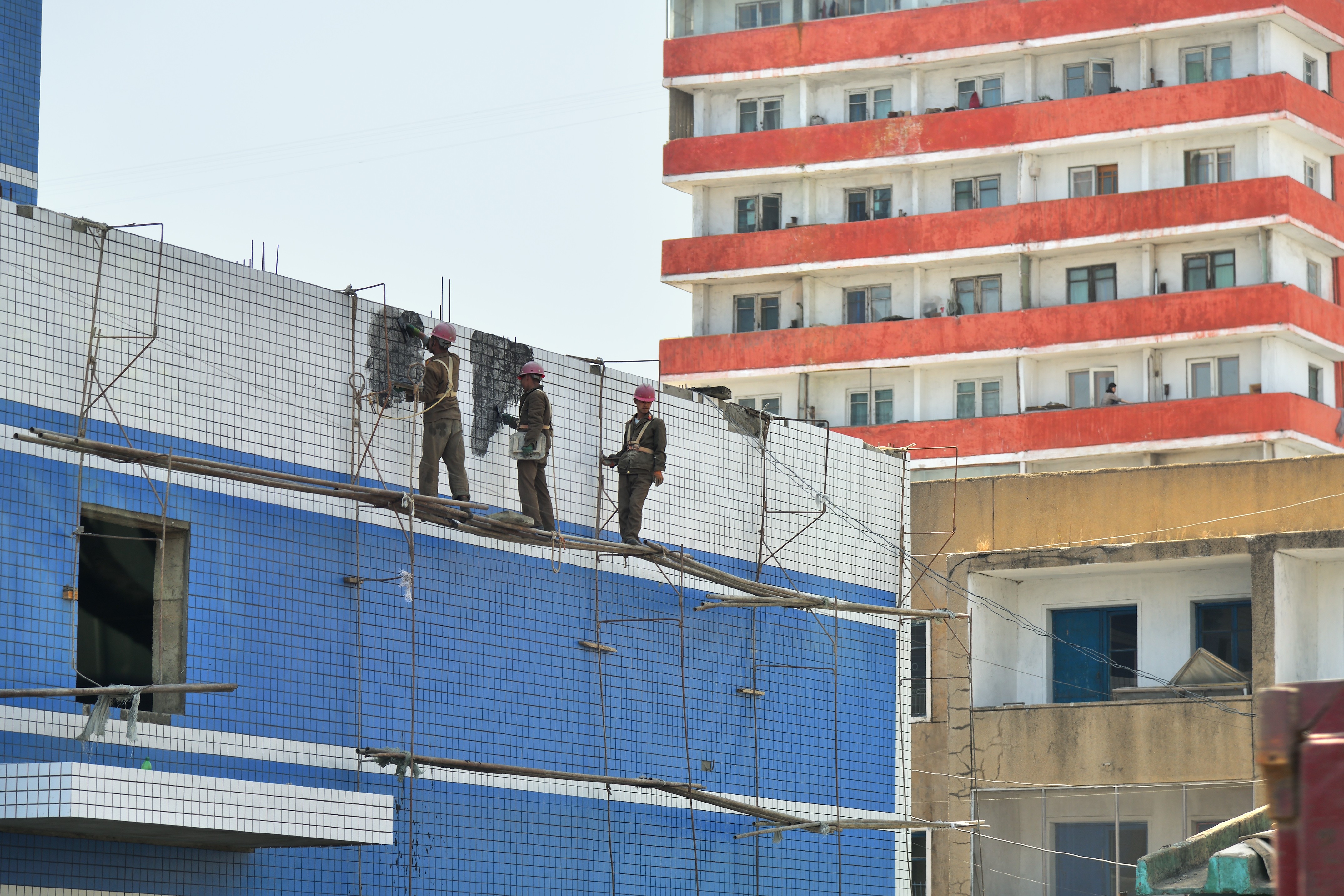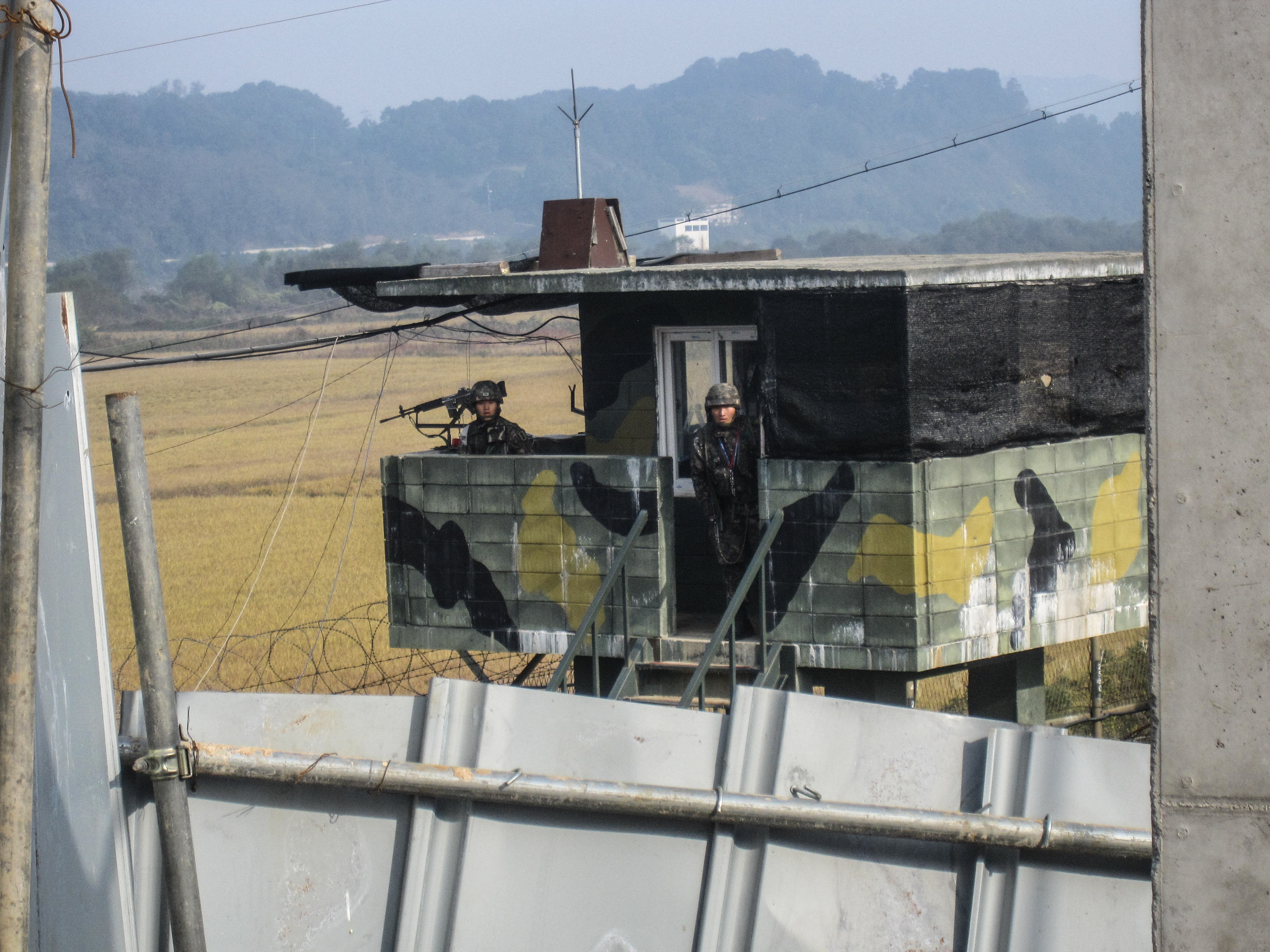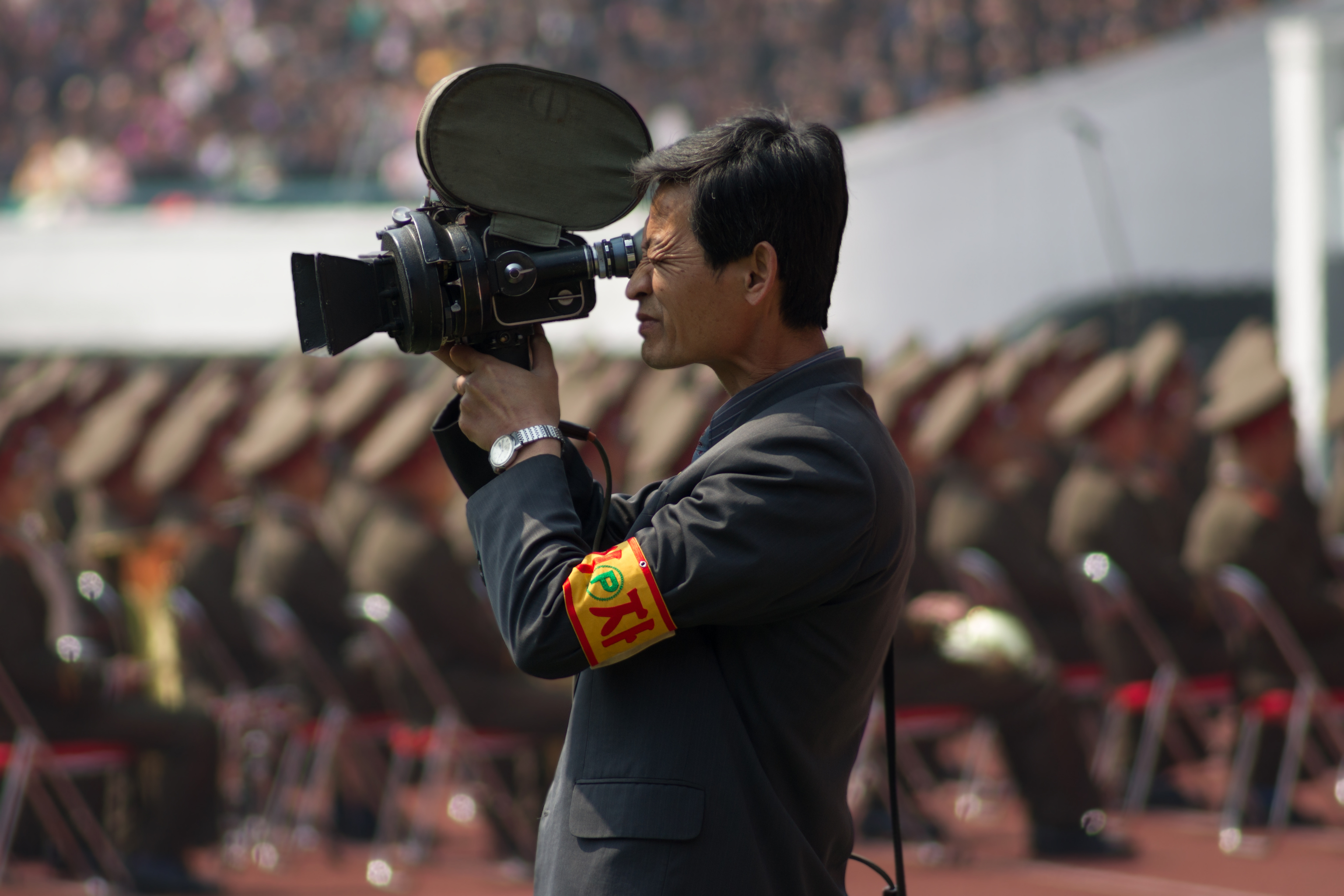
Current Resettlement of North Korean Defectors and Proposals for Policy Improvement
Commentary | November 26, 2021
Sung Jae Park
Head of Financial Project Assessment Team at the Center for Employment Impact Assessment, Korea Labor Institute
The rapid influx of North Korean defectors since the mid-1990s has called for an urgent need to develop policies from the perspective of social integration. In this commentary, Sung Jae Park, Head of Financial Project Assessment Team at the Center for Employment Impact Assessment, Korea Labor Institute, raises the importance of the development of policies to assist the social integration of North Korean defectors. While cost-of-living subsidies are provided to help defectors receive necessary education or training, statistics show that North Korean defectors often work peripheral jobs and face difficulties improving their prospects of employment. The author places a special emphasis on the need for vocational competency development through training, a comprehensive system that links programs to one another, and effective policy evaluation
Global economic integration, better transportation and communication, and uneven development between countries have encouraged the movement of people across borders. Korea has also witnessed the rapid growth in the number of migrants from diverse social backgrounds such as marriage immigrants, Koreans with foreign citizenship, foreign workers and North Korean defectors (hereinafter “NK defectors”) within a short period of time. Among them, NK defectors form a relatively small minority group with only 33,800 people in total (including the deceased and re-immigrants to third countries) as of September 2021. However, unlike other migrants, they are a key policy group whose resettlement should be supported. The Constitution of South Korea stipulates that the territory of the Republic of Korea is the Korean Peninsula and its annexed islands; defectors who migrated from North Korea have the same right to pursue dignity, values, and happiness as South Korean citizens, and the state has an obligation to guarantee their basic human rights. In particular, as the South has been pursuing unification, identifying difficulties regarding social integration in advance can serve as a test prior to the unification of the two Koreas.
As the number of NK defectors has increased rapidly since the mid-1990s, the need to develop policies from the perspective of social integration has been raised. The South Korean government enacted the Act on Protection and Settlement Support for North Korean Defectors on July 14, 1997 to provide necessary protection and support for the defectors to quickly adapt and settle in the South Korean society. Even after the enactment of the Act, the support policies and programs have been revised several times to reflect the rapidly changing economic situation and new demands. Through this process, the support system and delivery of services have been reinforced. Currently, various policies across a wide array of areas such as social adaptation education, settlement subsidies, housing support, employment support, social welfare, and education support have been carried out.
According to the survey conducted by the Korea Hana Foundation, it has become easier for NK defectors to settle in South Korea due to the support system. The level of satisfaction on life in South Korea has also increased from 69.3% in 2011 to 76.4% in 2020. Employment indicators have also been gradually improving. The survey shows that there is a clear trend in the increase in the employment rate (from 49.7% in 2011 to 54.4% in 2020), while the unemployment rate decreased (from 12.1% in 2011 to 9.4% in 2020). The quality of jobs has also gradually increased. Until the mid-2000s, a significant number of defectors were employed in the informal sector and the ratio of temporary and daily workers was high even in the case of wage and salary workers. The number of defectors entering the formal labor market has been rapidly increasing. When it comes to the type of employment, the absolute majority of the employed are wage and salary workers (82.7% in 2020). In particular, the rate of regular employment has markedly increased. In 2010, only 40.9% were regular employees, but this has since increased to 53.8% in 2020. The phenomenon of NK defectors’ employment in specific industries such as manufacturing, food, lodging, wholesale, and retail has somewhat eased, and the proportion of professional and office workers has also increased slowly from 22.7% in 2010 to 26.4% in 2020. This shows that the fields that defectors are working in increasingly diverse fields.
Despite the visible achievements in the indicators, the question still remains: Are NK defectors being chemically integrated into the South Korean society? When you compare NK defectors’ employment and unemployment rates to that of the general population of South Korea, the gap is rapidly narrowing, but still wide. (As of 2020, the employment rate is 6.0% lower while the unemployment rate is 6.3% higher). Average monthly wages, which are an indicator of job quality, has increased by an annual average of 6.0% over the last nine years, but there is a big gap with the figure of the general public, (59.7% in 2011 and 80.6% in 2020). What is more important is that generally, the longer the settlement period, the better migrants understand the country they immigrated to; migrants can acquire more skills and knowledge through economic activities, which helps them earn better jobs. However, this trend is not clear in the case of North Korean defectors. Defectors with more than 5 years of residency have a slightly higher employment rate and monthly average wages compared with those with less than 5 years of residency. However, in terms of average hourly earnings, they are rather quite low and the quality of employment was also lower in terms of the business size or the occupation type. Considering the chronic dual structure of the labor market in South Korea and the low quality of human capital of NK defectors, lower employment rates are inevitable. It is clear that their degree of settlement is also lower than that of foreign national Koreans with similar backgrounds. This means that the resettlement support system for NK defectors needs to be upgraded to enhance their employment competency.
Although various types of support are provided to help the resettlement of NK defectors, it is necessary to review whether each system coherently meets the goals that a support system for the resettlement of NK defectors should uphold. For example, cost-of-living subsidies are provided to help defectors receive necessary education or training without having to bear the burden of making a living as the defectors need time to acquire the necessary skills to settle into the South Korean society. However, it is often observed that some NK defectors find jobs in the informal sector or receive vocational training to receive the subsidy. Given the importance of the initial settlement period, the subsidy appears to have a negative effect on the NK defectors’ accumulation of human capital. This means that it is necessary to restructure the provision of cost-of-living subsidies and link it to the current settlement support system. Certificates and vocational training incentives should also be used to help defectors design their careers or to enhance their employment competency. However, in many cases, trainees are flocking to areas in which they can easily obtain certificates to receive incentives. This means that the settlement support system should be redesigned to “foster higher employment competency” rather than “provide more benefits.”
Vocational competency development through training is the key to accommodate NK defectors to settle into the society. Although benefits of vocational training are declining due to structural changes in the labor market, it is still a key mechanism for the social integration of vulnerable groups. Therefore, vocational training needs to be treated as the most crucial means for resettlement support. If a NK defector lacks in competence to achieve economic independence in the labor market, they are likely to find themselves in a vicious cycle of being employed and unemployed like they currently are and work peripheral jobs because they had been unable to receive vocational training. In this regard, the reconstruction of the settlement support system is urgent for the provision of opportunities for NK defectors to boost their human capital in order to enter the labor market and should be connected to other policies.
Currently, policies for NK defectors have been implemented separately. However, it was proved in the OECD Employment Policy Evaluation that there are better outcomes when relevant programs are coherently linked to each other. Programs within policies for NK defectors should also be connected so that more synergy can be created. In addition, policy evaluation for policies regarding NK defectors is insufficient. Therefore, more efforts should be made to regularly evaluate policy effectiveness and find improvement measures.■
■ Sung Jae Park is the Head of Financial Project Assessment Team at the Center for Employment Impact Assessment at the Korea Labor Institute. He has previously served as a researcher at the abovementioned institute. He holds a Ph.D. in Sociology from Hanyang University.
■ Typeset by Seung Yeon Lee | Research Associate
For inquiries: 02 2277 1683 (ext. 205) | slee@eai.or.kr
North Korean defectors

The U.S. Position on the End of War Declaration
Hyun-wook Kim | 23.November.2021

Why is the Opening of All Material on North Korea's Culture and Arts Feared?
Jae-beom Hong | 12.November.2021

Getting the Price Right: The End of the War Declaration and North Korea’s Missile Tests
Youngshik Bong | 02.November.2021
LIST